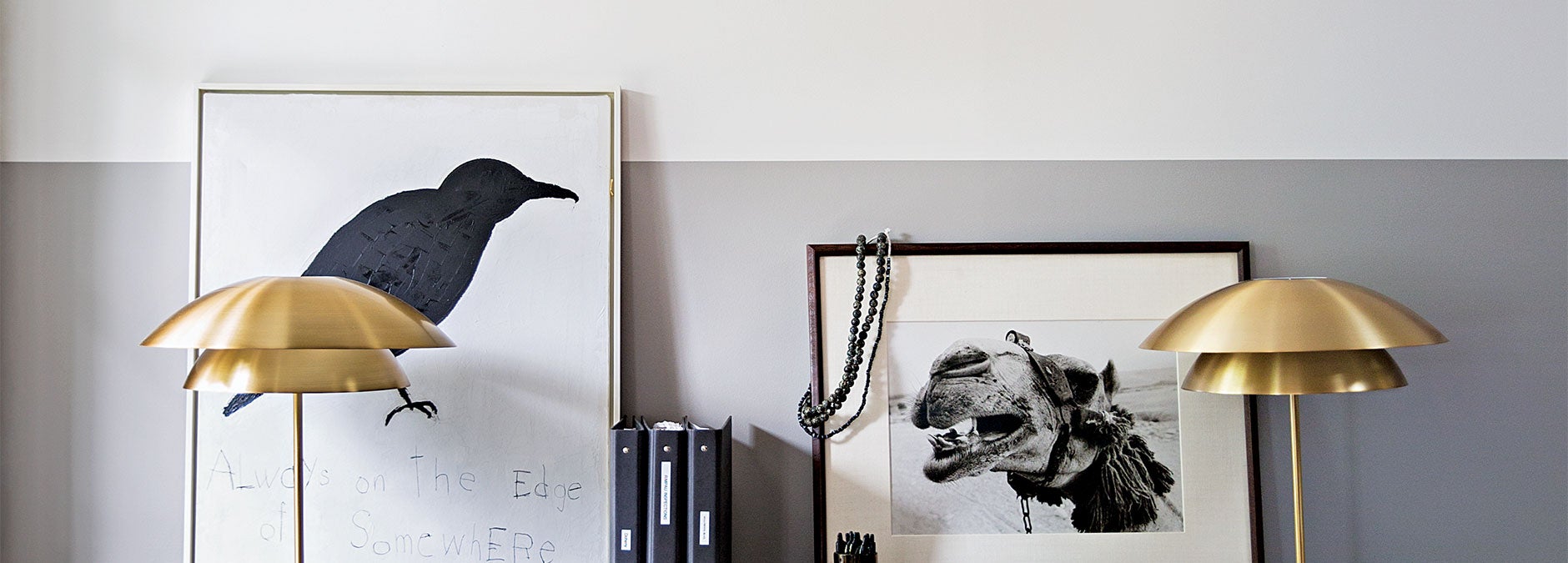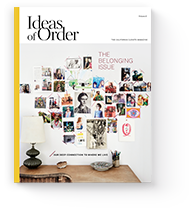Benjamin Franklin once remarked: “(There’s) a place for everything, and everything in its place.” In the kitchen went the dishes, in the bedroom the bed. The home’s single-function rooms dictated single-function furnishings. It was simple, straightforward. A dining room for dining, a living room for living, a car park for car parking. And in each space, only the expected items in place.
By the 21st century, technology had sped it all up. Our houses not only became smarter, but they learned how to multitask, take on multiple functions, and adapt to multimedia. Beneath the antique hutch with its artisanal pottery hides a wireless printer, so the dining room can double as the home office. The cubbies in the playroom provide easy access to the toddlers’ toys; later in life, the same space becomes a study room where laptops and tablets take cover. The laundry room, replete with drawers, dividers, and hooks, is also the DIYer’s crafting crash pad. Wall racks line the garage so it can house cars and road bikes, not to mention the color-coded bins for all that sports equipment.

The home’s multifunctional rooms now dictate multifunctional organization. To do it all, we need smart storage to make smart spaces. Because in today’s smart house, the prevailing purpose is multipurpose. The multitaskers need multiple systems. Everybody needs a place for everything, and everything put in its place. Turns out Franklin was a man for all ages.









